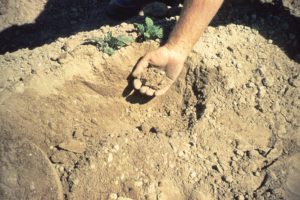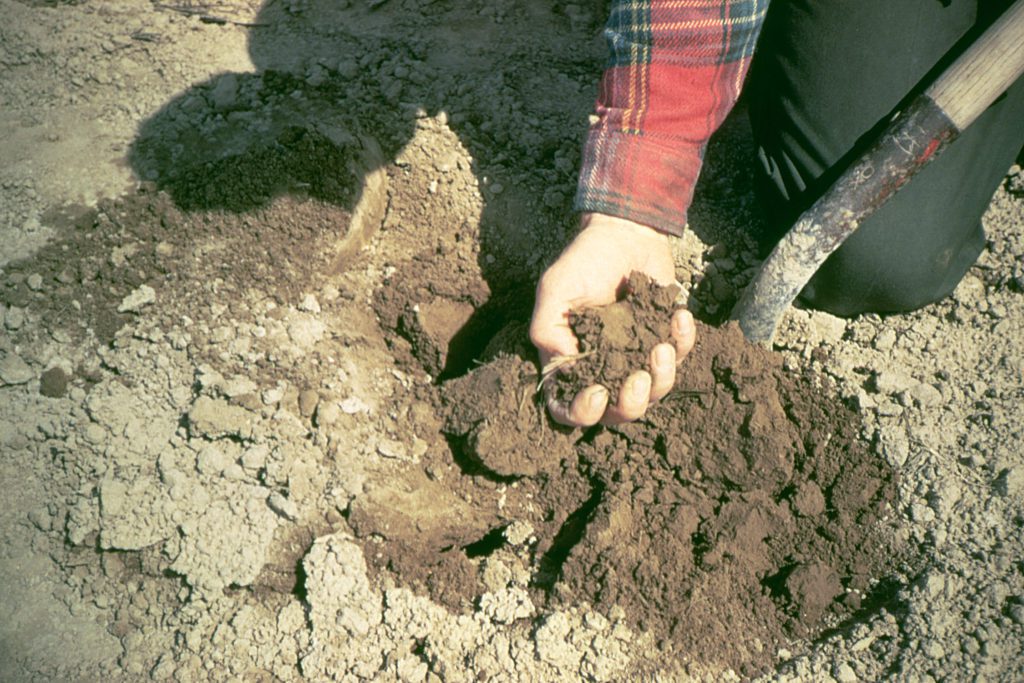Mar 2, 2023Climate and soil experts release soil carbon data technology
For the first time, farmers, governments and corporations will be able to measure and understand key soil health parameters, including total soil carbon levels, in-situ and in real-time.


SIF, working in partnership with biomedical sensor and soil science experts at the University of Texas at Dallas (UTD), Texas A&M AgriLife Research and Arizona State University (ASU), is applying proven medical-grade technology to affordably scale the measurement of soil health and establish a global contextual soil health data platform, according to the release.
Improving soil health is critical to addressing some of the world’s most pressing challenges, including food and water security and mitigating climate change through carbon capture. The Food and Agriculture Organization of the United Nations (FAO) estimates that the equivalent of one soccer field of soil is degraded every five seconds, and 90% of the Earth’s topsoil is already degraded or at risk of being degraded by 2050, according to the release.
Once scaled globally, SIF plans to better enable sustainable supply chains, carbon markets and government subsidy systems that support climate-friendly agriculture, giving all users auditable, real-time data to drive key decisions, utilizing SIF’s proprietary soil health sensors and data platform, according to the release.


“SIF’s soil health sensor technology is expected to be vastly more affordable than current soil sampling methods,” according to the release. “The SIF technology has also been validated by experts at Texas A&M AgriLife Research with stunning in-lab and initial in-field results of more than 95% accuracy against the current gold-standard laboratory testing of key soil health parameters including soil organic matter, carbonaceous soil minerals and bulk density.”
For more than a decade, SIF’s leaders have advocated for soil health, empowering a wide range of stakeholders to utilize carbon sequestration to improve soil health on millions of acres of farmland across the world.
Formed by the founders of The Carbon Underground, SIF is developing the most comprehensive and holistic soil health measurement platform to date, according to the release.
“Our sensors are similar to those used by the medical community to gauge key aspects of human health in real-time,” Henry Rowlands, SIF’s research and development lead, said in the release. “We are on the cusp of delivering wearable technology for the planet, which is vital to supporting the soil we all rely on for life. Until now, soil health measurement practices have either been impractical, too expensive to scale or not sufficiently accurate. By providing affordable, continuous soil carbon readings and thus auditable and accurate pictures of soil health over a long period of time, we will draw closer to fully understanding the role soil can play in helping solve the massive challenges society faces.”
“We share SIF’s perspective that soil is living tissue, which is why monitoring soil health requires technology similar to the most advanced monitoring devices for human tissue,” Shalini Prasad, the director of the Biomedical Microdevices and Nanotechnology Lab at the University of Texas at Dallas, said in the release. “Affordable sensors that can stay in soil and transmit data, hopefully for years at a time, give us the first opportunity for large-scale, ongoing monitoring of the soil carbon cycle and additional key soil health parameters. We can now measure the heartbeat of the soil.”
As businesses across the world, especially in the food and agriculture space, work diligently to reduce their carbon footprint, having real-time, auditable data on carbon levels in the soil will help farmers monetize sustainable agricultural practices and guide policymakers to develop relevant incentives and subsidies, according to the release.
SIF is continuing to work with researchers at UTD, Texas A&M and ASU to optimize its sensors and launch the global contextual soil health data platform. SIF has already formalized wide-scale field trials of their sensor technology and data platform in 2023 with key stakeholders, including the world’s leading cocoa processor and chocolate manufacturer, Barry Callebaut, and the international “4 per 1000” initiative.















